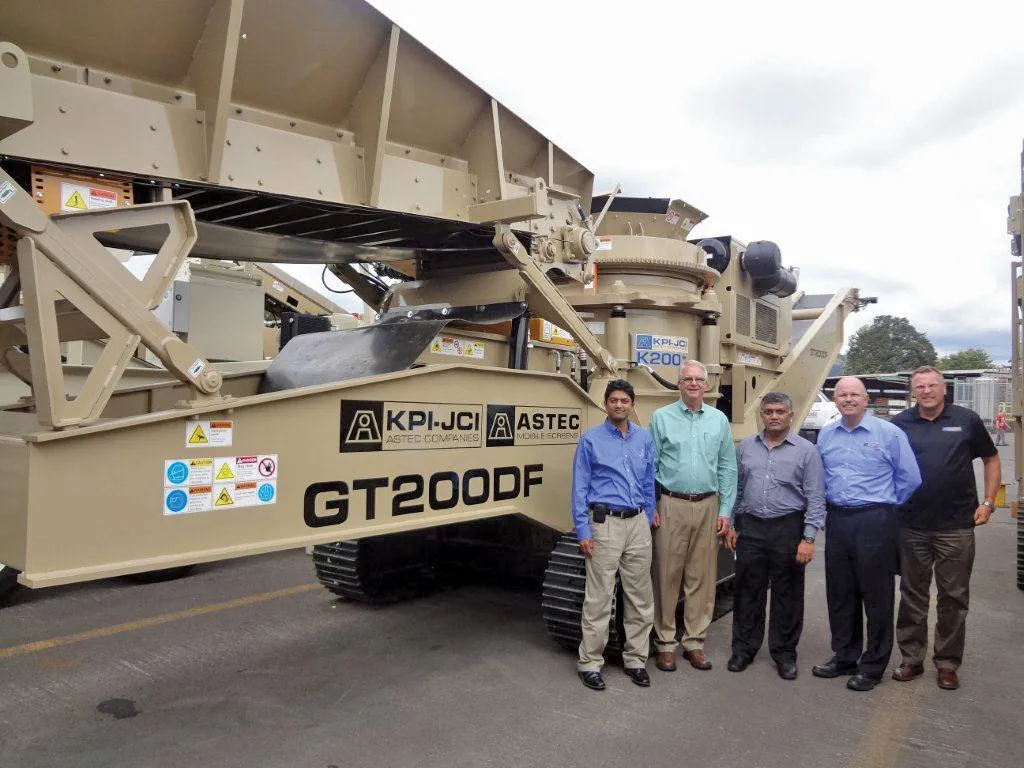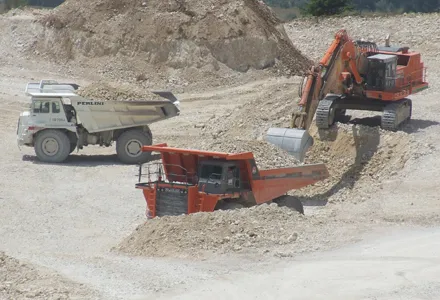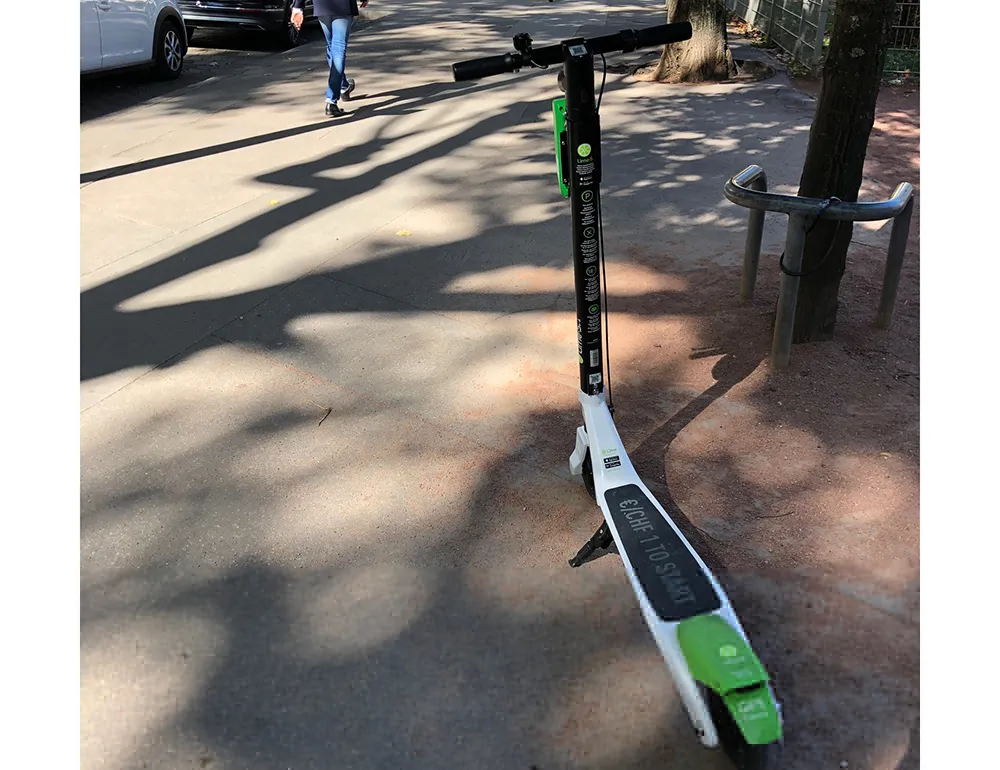A new coalition of executives from blue chip companies in the US transportation and utility industries has come together to design a large-scale electric vehicle (EV) demonstration project that will help create a comprehensive national model for EV deployment.
March 21, 2012
Read time: 3 mins
RSSA new coalition of executives from blue chip companies in the US transportation and utility industries has come together to design a large-scale electric vehicle (EV) demonstration project that will help create a comprehensive national model for EV deployment.
The4126 Electrification Leadership Council (ELC) is a coalition of key stakeholders throughout the EV supply chain who have the expertise and resources required to engage federal, state, regional and local agencies and coalitions, utility companies, vehicle manufacturers and financial institutions to help overcome the barriers to broad scale EV deployment.
ELC members include4127 FedEx Express, 3978 Hertz, 4128 Navistar, 4129 Azure Dynamics, 4130 A123 Systems, 4131 Coda Automotive, Pacific Gas and Electric Company, 4133 ECOtality, Automatiks, 4134 GE Capital, large delivery service companies and vehicle manufacturers among other members, along with representatives from national, state and local agencies.
"Our Council recognises that no one entity can create a comprehensive solution for the broad scale deployment of EVs," noted Mark Aubry, vice president of Navistar's eStar electric vehicle brand. "That's why we have come together to create a public and private model that will help us understand what will be required to operate thousands of EVs within a community."
The ELC's strategy also leverages the work of other prominent national organisations such as the Electrification Coalition and the Electric Drive Transportation Association that are promoting public policies and education to facilitate the deployment of EVs. The ELC's strategy is designed to ultimately achieve the broader societal goals of fostering an EV industry, improving urban quality of life, reducing greenhouse gas emissions and supporting energy independence.
The ELC's initial task is to design its demonstration project which will focus on a large-scale deployment of EVs within densely populated local markets where all of the components of an EV ecosystem can be brought together to better understand the interoperability between EVs and the electric grid across a variety of vehicle classes and applications. Components include everything from EV deployment, charging stations, the electrical grid, energy storage devices and battery second-life applications, to communication systems and support networks.
"This is about developing a more efficient, effective and environmentally friendly EV ecosystem," said Dennis Beal, vice president of Global Vehicles for FedEx Express. "We work with many companies across the EV ecosystem, have learned a lot and are hungry to share our learning, expand collaboration and further the future of transportation electrification with this large-scale, cross-industry project. It is the responsible thing to do across the board – environmentally, economically and for our national security as we reduce our dependence on foreign oil and move towards environmentally friendly technologies."
The
ELC members include
"Our Council recognises that no one entity can create a comprehensive solution for the broad scale deployment of EVs," noted Mark Aubry, vice president of Navistar's eStar electric vehicle brand. "That's why we have come together to create a public and private model that will help us understand what will be required to operate thousands of EVs within a community."
The ELC's strategy also leverages the work of other prominent national organisations such as the Electrification Coalition and the Electric Drive Transportation Association that are promoting public policies and education to facilitate the deployment of EVs. The ELC's strategy is designed to ultimately achieve the broader societal goals of fostering an EV industry, improving urban quality of life, reducing greenhouse gas emissions and supporting energy independence.
The ELC's initial task is to design its demonstration project which will focus on a large-scale deployment of EVs within densely populated local markets where all of the components of an EV ecosystem can be brought together to better understand the interoperability between EVs and the electric grid across a variety of vehicle classes and applications. Components include everything from EV deployment, charging stations, the electrical grid, energy storage devices and battery second-life applications, to communication systems and support networks.
"This is about developing a more efficient, effective and environmentally friendly EV ecosystem," said Dennis Beal, vice president of Global Vehicles for FedEx Express. "We work with many companies across the EV ecosystem, have learned a lot and are hungry to share our learning, expand collaboration and further the future of transportation electrification with this large-scale, cross-industry project. It is the responsible thing to do across the board – environmentally, economically and for our national security as we reduce our dependence on foreign oil and move towards environmentally friendly technologies."









